Triple Helix Model and the Israeli Magnet Program: A Comparative Approach to National Innovation Programs with Implications for Turkey
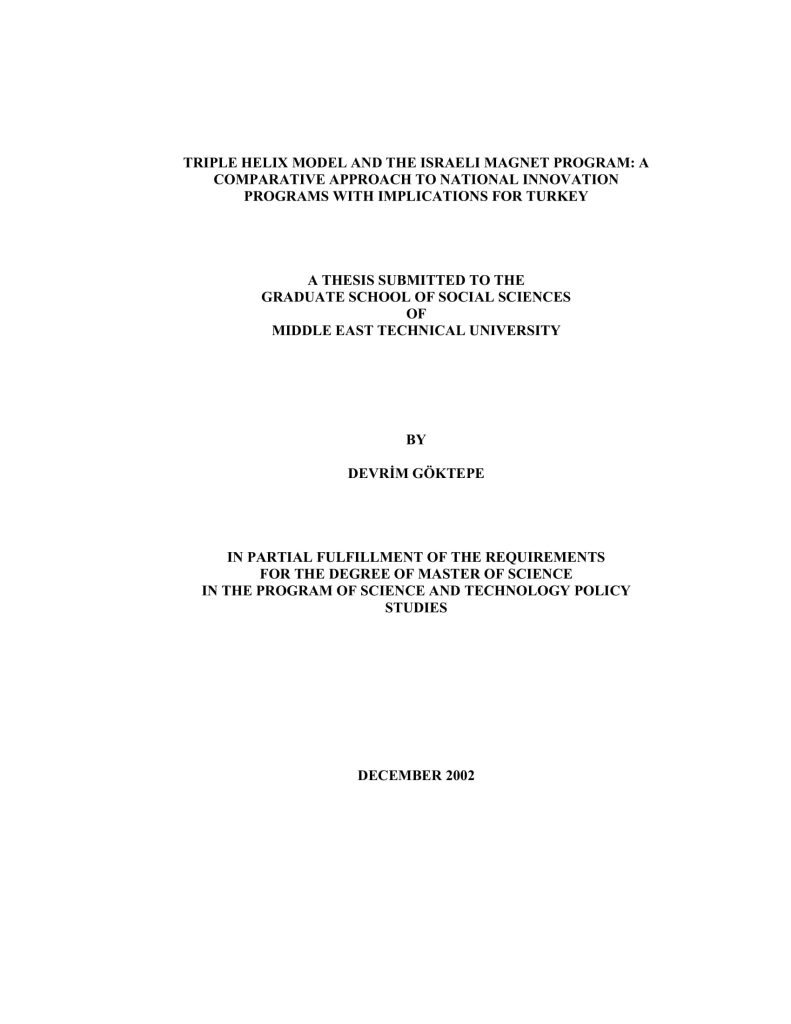
The objectives of this dissertation are to examine science, technology and innovation policies, national innovation system and networking theories to refine the concepts and indicators for the formation of innovation networks and to identify the conditions for international innovation networks. It specifically focuses on the Triple Helix model of Etzkowitz and Leydesdorff (1994), which has […]
Entrepreneurial Theory and Practice: Immigrant Opportunities
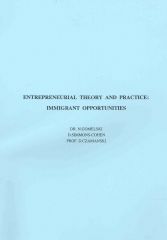
All over the world, many immigrants and their children have turned to small business when faced by the limited opportunities open to them in the labor market. For Israel, essentially a country of immigrants, worldwide experience in this area is of great significance. The recent wave of immigration from the former Soviet Union has greatly […]
An Evaluation of the Promotion of Immigrant Entrepreneurship in the Haifa Area

The goals of the current research are to establish the entrepreneurial interests and self estimated ability for business success of the immigrant population. In the current research four principle hypotheses may be defined. Overall, our goal was to obtain an indication of immigrant business potential and to assess the ability of SBDC (“MATT”) to reach […]
Business Plan – The College for Entrepreneurship and Export in Tefen
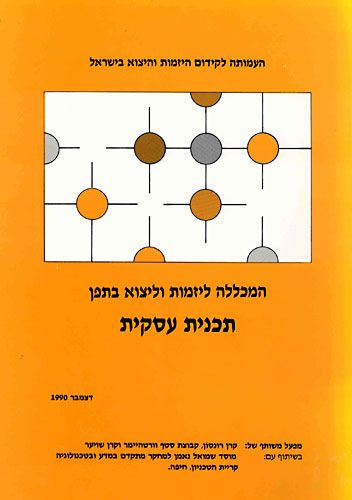
This document provides a detailed description of plans for establishing and operating an entrepreneurship and export college in Tefen. Under discussion is a system for training and educating towards entrepreneurship. Its core will be a training process based on combining project work with teaching know-how in areas relevant to the functioning of the entrepreneur. We […]
Innovation at the Crossroads between Science and Technology
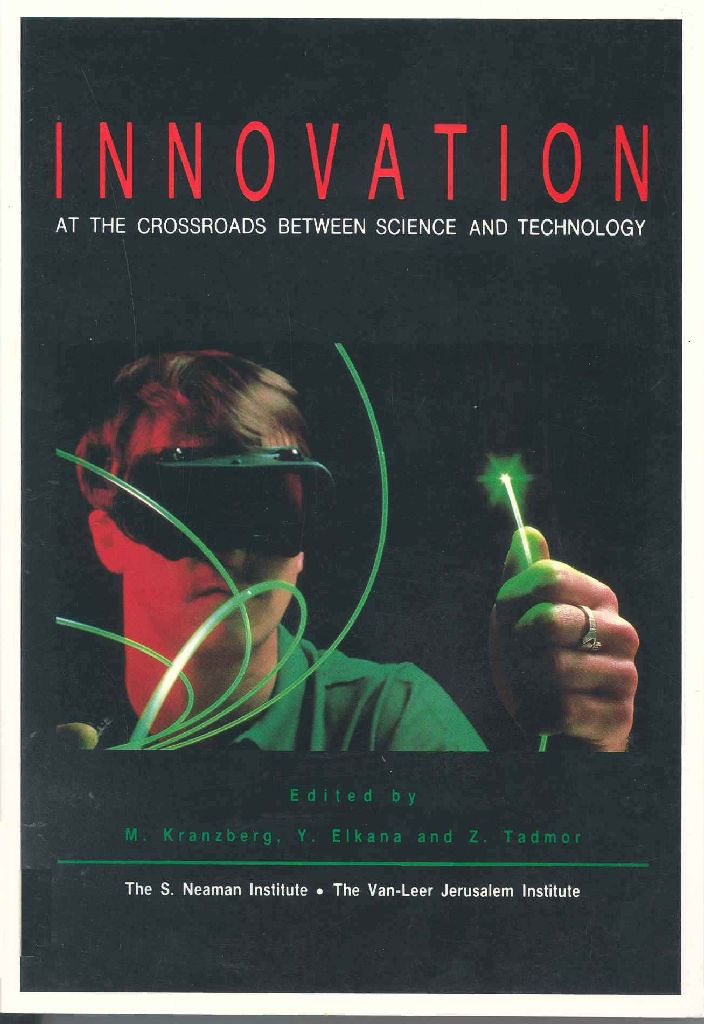
The book contains the papers presented at a S.Neaman conference bearing the same name. The objective was to create a dialog between scientists and engineers and philosophers and historians of science and technology.
R&D Outputs in Israel: Gender Characteristics of Israeli Inventive Activity
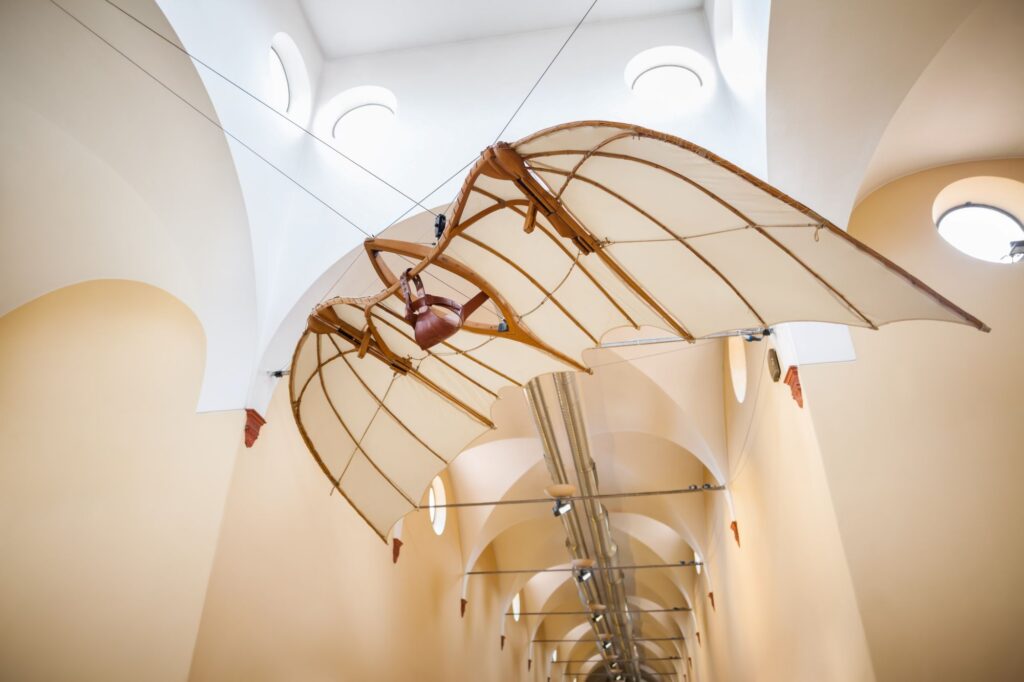
This report constitutes the ninth study in a series of reports by the Samuel Neaman Institute on “R&D Outputs – Israeli Patents. The report provides a comprehensive analysis of the inventive activity of Israeli inventors and applicants. It includes an examination of patent applications within the PCT track, an analysis of inventive activity by leading assignees, the distribution of inventive activity by sectors and technological fields, and an exploration of the globalization aspects of Israeli inventive activity. Additionally, the report features an extended chapter dedicated to examining gender characteristics in Israeli inventive activity.
R&D Indicators in the Government Sector and Government Research Institutions

The report evaluates government research institutes in Israel and provides an international benchmarking analysis with selected public-sector R&D systems or research institutes globally.
Science, Technology, and Innovation Indicators in Jerusalem, Tel Aviv, Haifa, and Be’er Sheva

The report focuses on Israel’s main cities – Tel Aviv, Haifa, Jerusalem, and Beer Sheva – which have established themselves as significant hubs for technological advancement, talent attraction, investments, and fostering collaboration between academia, industry, and government. Through examining various indicators in these cities, the report provides insights into their economic and technological development, the effectiveness of their innovation policies, and the potential for knowledge transfer and spillover effects. These insights are intended to serve as tools for policymakers, entrepreneurs, and researchers to plan steps to promote growth and nurture an innovation-driven society.
Requirements for bio-fabrication devices combining engineering and biology among Israeli companies and Technion researchers
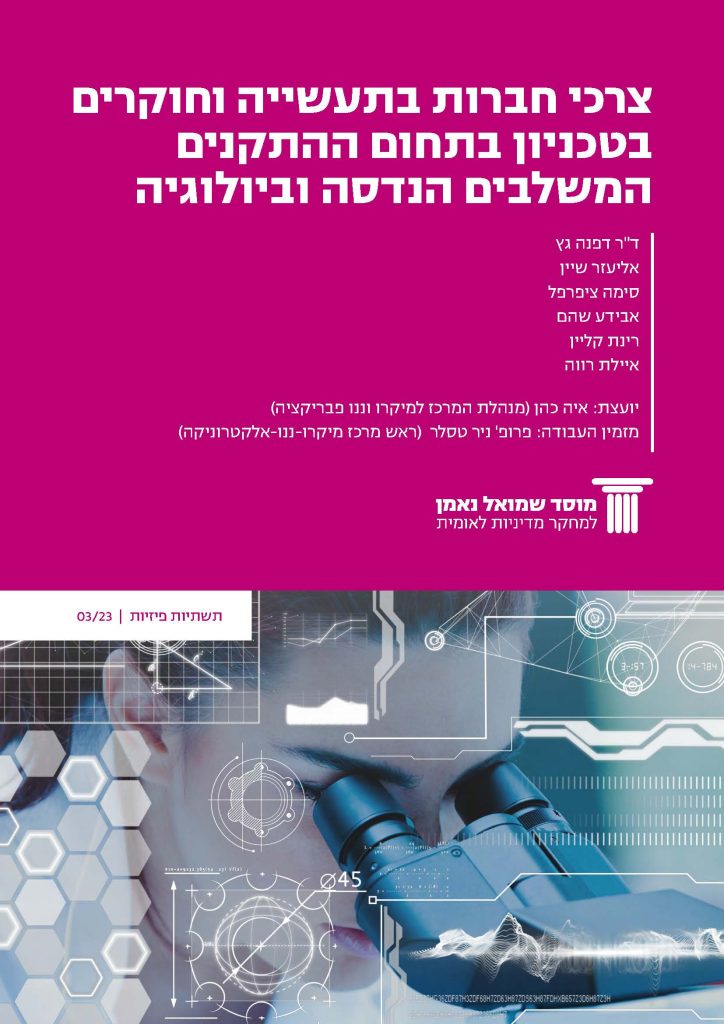
As part of developing the bio-convergence field as an economic growth engine for Israel, there is great importance in collecting data concerning the industrial need for infrastructure and services. This includes information about the required equipment, the types of products for which service is required, what engineering skills are needed, expertise in design processes, and […]
From Geo/Bio-Politics to G2G Agreements and Public–Private Partnership: the Unique Role of the Israeli Eco-System in Ethiopia
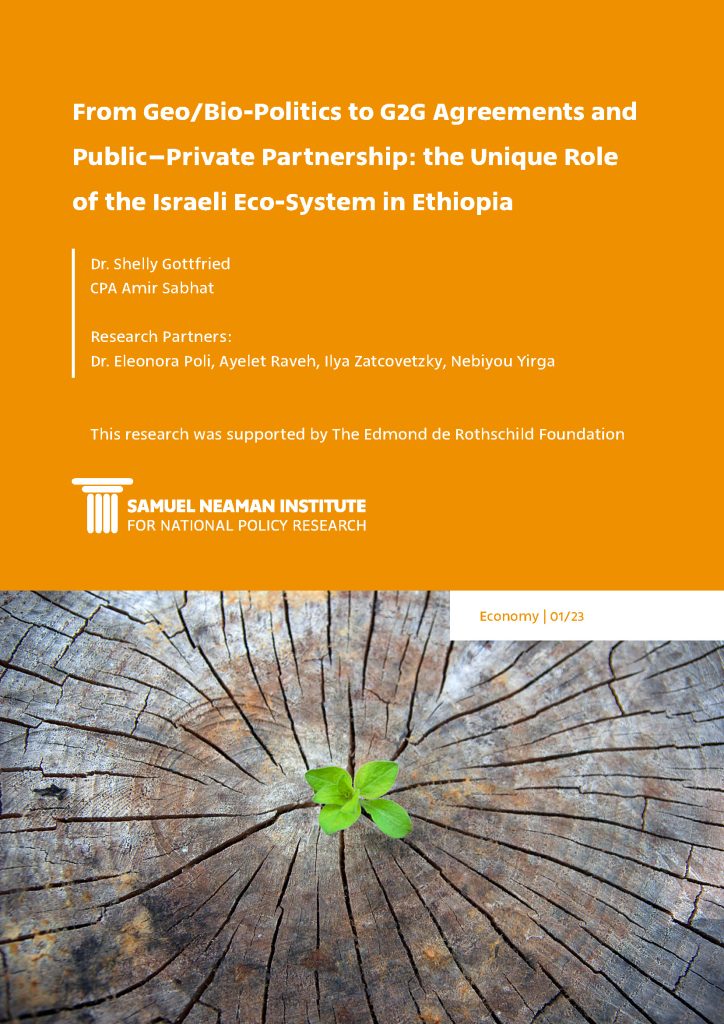
The Purpose and Contribution of the Study Israeli–Ethiopian relations were first established in 1956. Israel has traditionally regarded Ethiopia as an important country, both politically and geo-strategically. The relationship has been characterized by the dominance of the state. The first instance of this dominance was the involvement of both governments in the massive waves of […]
